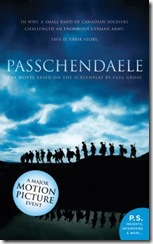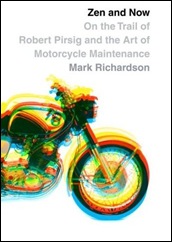by Michael Brooks
 Writing about science for non-scientific readers poses its own particular challenges but for the most part Brooks has quite successfully met those challenges with his entertaining and very interesting exploration of 13 areas where science is still unable to come to an understanding of how, or why things work the way they do.
Writing about science for non-scientific readers poses its own particular challenges but for the most part Brooks has quite successfully met those challenges with his entertaining and very interesting exploration of 13 areas where science is still unable to come to an understanding of how, or why things work the way they do.
The subtitle, “The Most Baffling Scientific Mysteries of Our Time” may be overstating it a bit, but the 13 areas Brooks picked certainly cover a wide range of scientific exploration and theory ranging from the “missing” universe to a discussion on homeopathy. In between he discusses the challenges faced by scientists as they try to explain death, life, sex and a variety of other scientific conundrums.
On life, Brooks says that we are clearly “more than just a bag of chemicals”, but what is the “more”? No chemical in our bodies does not exist elsewhere in other living or non-living things. And even though we can assemble all the ingredients, we are unable to create, or even explain, life. We just don’t know the recipe.
Sexual reproduction is, according to Brooks, one of the least effective ways in which living things can reproduce. Asexual reproduction is more effective, efficient, and does a better job of sustaining the species that practice it. So why did we evolve the way we have and reproduce the way we do (aside from the obvious fun factor)?
One of the most interesting segments in my opinion was the discussion about free will. Free will is often seen as a cornerstone of our humanness, but some research has brought that whole concept into question. Normally we think, then act – I think I’ll move my hand, and then I execute the movement. Pretty straightforward, right? Except that it doesn’t seem to work that way. Subjects wired up to various brain scanners have shown that the brain is already starting the action needed to move the hand before the subject becomes consciously aware of his intent to move his hand. In other words, the brain activity is preceding the conscious thought process. So does conscious thought cause the brain to act? Or is it the other way around? Much to think about here for sure.
This is a book to be read slowly. The concepts, while expressed in layman’s terms, can still be quite complex, requiring a degree of attention and focus one can’t normally get reading in bed and falling asleep mid-page. But it is certainly worth the effort to read, and read again.
Recommended.
Note: You can also check it out at www.13thingsthatdontmakesense.com.








